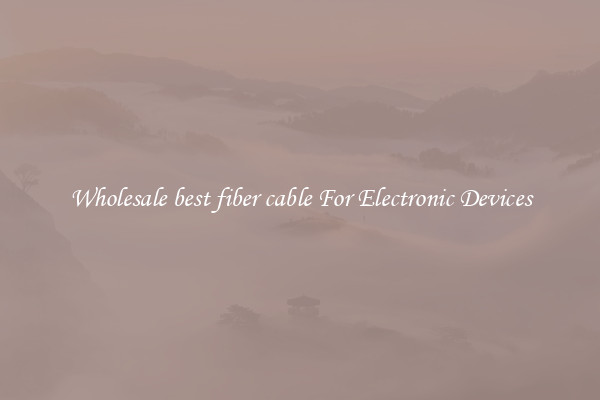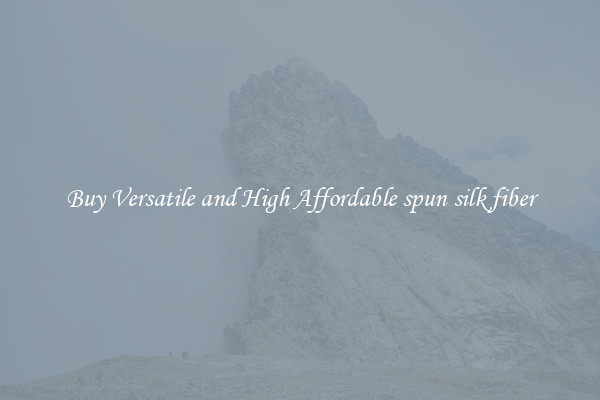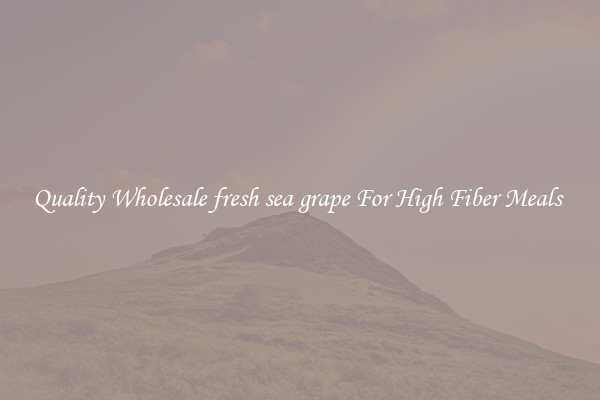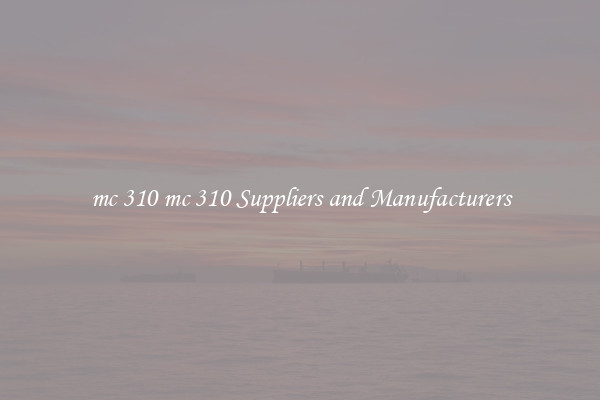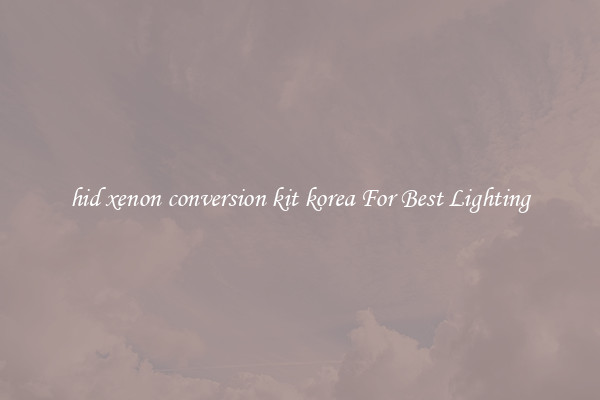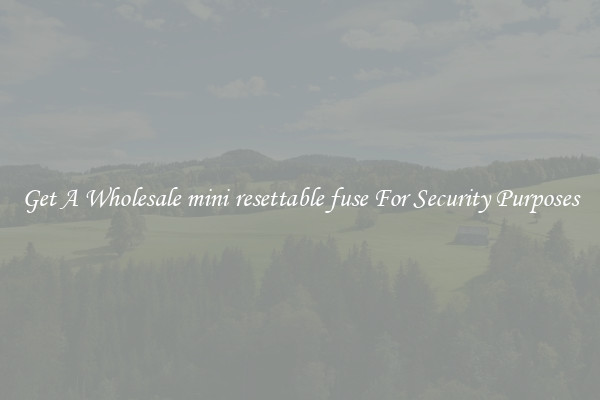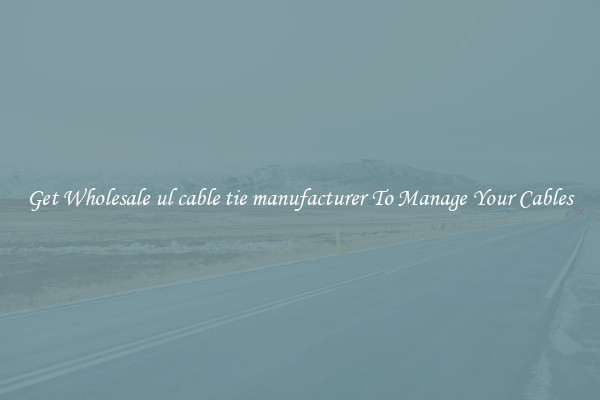coconut coir fiber bales, coconut coir fiber bales Suppliers and Manufacturers
Coconut coir fiber bales are versatile and natural products that have gained popularity in various industries. With its remarkable properties, coconut coir fiber has become a suitable alternative to other traditional fibers, such as peat moss and sphagnum moss, for horticulture, erosion control, and soil remediation.
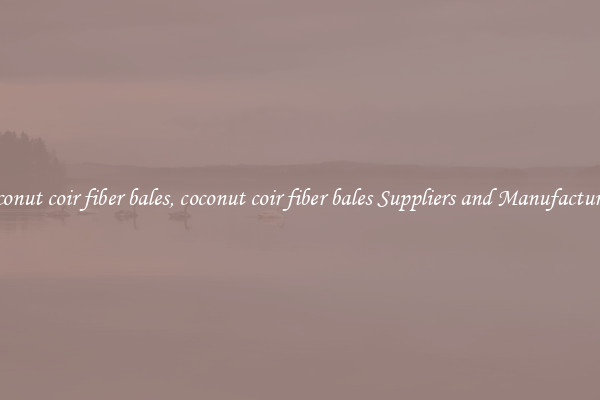
Coconut coir fiber bales are made from the husk of coconuts. The husk is the fibrous material that surrounds the coconut shell and provides protection to the inner fruit. This byproduct of the coconut industry was historically discarded, but it has been recognized as a valuable natural resource in recent years. The husk is processed, and the fibers are extracted to create coconut coir fiber bales.
One of the key advantages of coconut coir fiber is its excellent moisture retention properties. The fibers have high water absorption capacity, allowing them to hold water for an extended period. This makes coconut coir fiber bales an ideal choice for horticultural applications, such as greenhouse growing and container gardening. The fibers provide a balanced moisture level for plant roots, promoting healthy growth and reducing water stress. Moreover, coconut coir fiber bales have excellent aeration, allowing air to circulate around the roots and preventing root rot.
Another significant application of coconut coir fiber bales is in erosion control. The fibers create a protective layer on slopes and embankments, preventing soil erosion caused by heavy rainfall and wind. The bales can be installed as erosion blankets or erosion control mattresses, providing immediate protection and support to the soil. Coconut coir fiber bales also act as a natural filter, retaining sediment and preventing it from entering waterways, thereby protecting the environment.
The demand for coconut coir fiber bales has led to the emergence of a robust network of suppliers and manufacturers. These companies specialize in producing high-quality coconut coir fiber bales that meet industry standards. They source the husks from coconut processing plants, ensuring a consistent and reliable supply of raw materials. The manufacturing process involves cleaning, washing, and drying the fibers before compacting them into bales of various sizes. Suppliers and manufacturers also provide customization options to cater to specific customer requirements.
To ensure the quality of coconut coir fiber bales, it is essential to choose reputable suppliers and manufacturers. Look for companies that prioritize sustainability and adhere to eco-friendly production practices. It is also beneficial to inquire about certifications and testing procedures that validate the quality of the product.
In conclusion, coconut coir fiber bales have become a sought-after natural product due to their versatility and beneficial properties. Whether used in horticulture or erosion control, these bales provide an eco-friendly and effective solution. With reliable suppliers and manufacturers, the availability of coconut coir fiber bales is ensured, promoting sustainable practices in various industries.
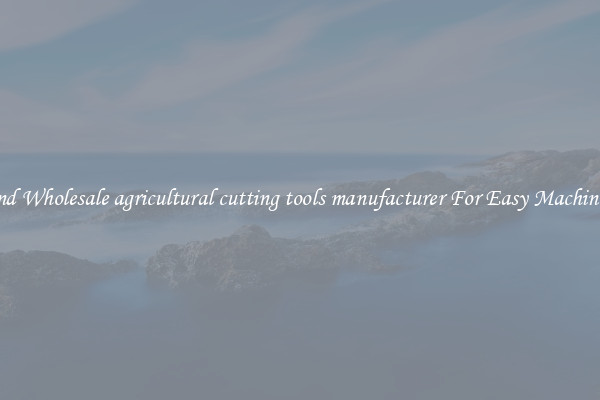
View details
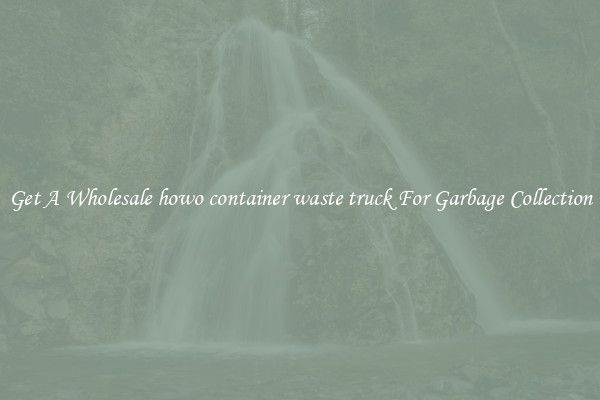
View details
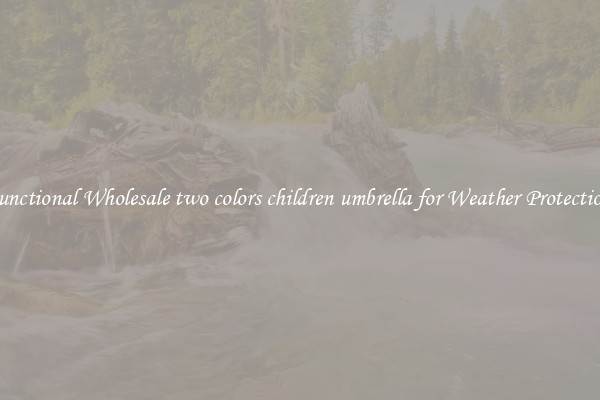
View details
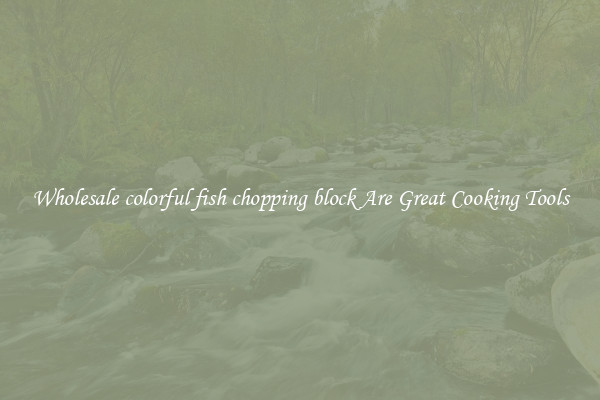
View details
